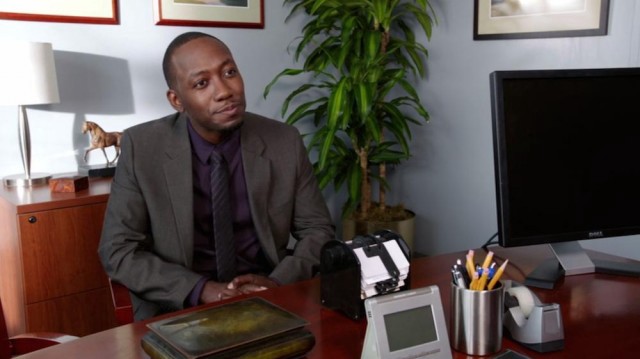Fixing the Hiring Process

It’s been nearly six years since I’ve had to go through the job-hunting and interview process and hope I don’t have to do so again for a very long time (if ever again). On Backchannel, Deborah Branscum examines why the way we typically hire for jobs is all wrong.
For one, employers are often flooded with hundreds of resumes, so they often narrow down choices by searching for keywords:
Sheeroy Desai, CEO of Gild, a company with a platform that matches employers with candidates, has observed those biases in person. “You see filters like, ‘A lot of the people at our company came from Ivy League schools, so we are only going to look at people from Ivy League schools,’” Desai says. “It seems reasonable, but it’s actually really arbitrary.”
And then there’s the whole “cultural fit” aspect that’s become highly popular:
Max Levchin, co-founder and former CTO of PayPal, tells a story of a time when PayPal rejected a candidate who aced all the engineering tests but who said he liked to play hoops. “No PayPal people would ever have used the word hoops,” Levchin told a class of would-be entrepreneurs. “Probably no one even knew how to play hoops. Basketball would be bad enough. But hoops?”
I mean, how mad would you be if you discovered that the reason you weren’t hired was because you mentioned that you played basketball during an interview.
Even a big billion-dollar company like Google hasn’t really figured out how to hire the right people:
“Years ago, we did a study to determine whether anyone at Google is particularly good at hiring,” Laszlo Bock, Google’s senior vice president for people operations, told a New York Times reporter in 2013. “We looked at tens of thousands of interviews, and everyone who had done the interviews and what they scored the candidate, and how that person ultimately performed in their job. We found zero relationship. It’s a complete random mess.”
So if the hiring process is problematic, what’s the solution? Branscum, newly unemployed, attends a two-day event called Staffup Weekend to experience a different kind of recruitment process. At Staffup, a group of about 25 people show up, break up into groups, and then spend the day working on a project together, like putting together a website. Employers (in this case, a financial services startup called FutureAdvisor) observe how everyone works together and then select a few people for further interviews that may lead to jobs.
Spoiler alert: Branscum doesn’t end up getting hired, but she says she had a good experience and “met people we value and continue to value months after the event.” Staffup Weekend might not be the right answer to fix the arbitrary way companies hire people, but she says it feels like it’s a right step.
For me, back when I was job-hunting, it was more about finding the right employer who understood what my strengths were and what I could bring to the job. I was once rejected from an internship at the Wall Street Journal’s now-defunct SmartMoney magazine because the interviewer said I had no experience in writing about finance and wasn’t sure I would be a good fit. The person she ended up hiring came straight from an internship on Wall Street at a financial services company and I’m sure ended up being great. Luckily, my story didn’t end there: Later down the line, I was hired by an editor to write about money even though I had no experience because she said she believed I was a clever writer who could take the subject, run with it, and produce something relatable. And thank god for her because that experience eventually led to the creation of the website you’re reading now.
Support The Billfold
The Billfold continues to exist thanks to support from our readers. Help us continue to do our work by making a monthly pledge on Patreon or a one-time-only contribution through PayPal.
Comments